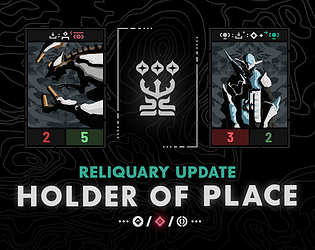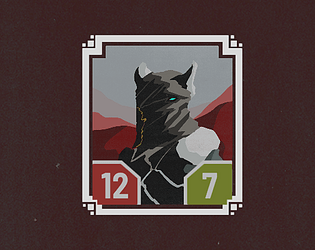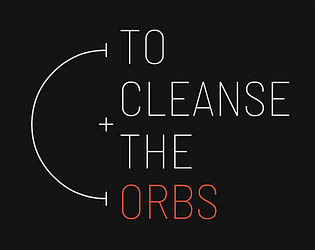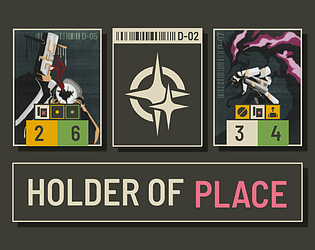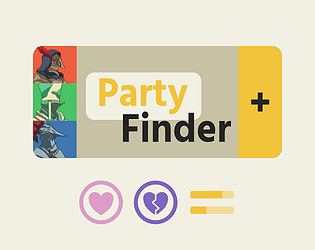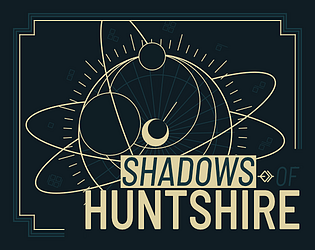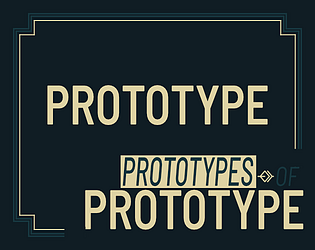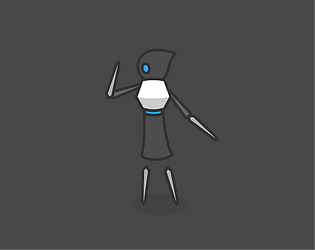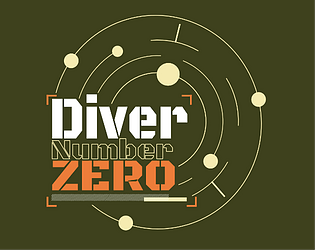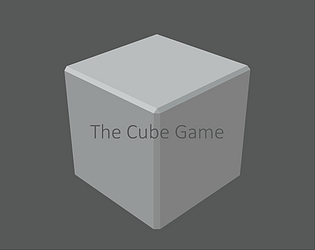Hmmm...It's kinda balanced around having rerolls, but probably reroll is still not as accessible as it should be
Zitta
Creator of
Recent community posts
Yeah they are indeed too OP, but I'm thinking about making them not being able to get the same aspect twice, so that you can't infinitely stack damaging aspects like vampiric and can only fracture one trait.
If that's still too OP I'll probably make it a fixed number of aspects; the main problem with that is to figure out what's the rule of replacing old aspects.
Glad you like it!
The roguelite systems will definitely be there for the final release; the only reason it's not in the game right now is because doing save files on webGL is pretty cursed. Narrative content is what we plan to do next! There'll be tons of lore coming with the Codex, and (very likely) a main storyline!
Having unique events based on follower composition is a really interesting idea I never thought of; it definitely has potential, and maybe it can also be based on those build defining followers like helhound.
Naming your first wanderer and making them a "hero" is actually my plan for the first faction! But it'll be a while before I can start to work on factions so we will have to wait...
Yeah... Aspiring + Familiar is definitely the anomaly since it's the only cubic scaling in the game. I'm currently in the process of looking at all the least used followers and see if there can be a similar cubic scaling mechanic, but it's tricky since the while system is reeeaaally not designed to have scale infinitely (as in endless mode). Multiplying dancer's attack could work since charging aspect is the only way to make dancer attack twice and it's already pretty rare, I'll do some testing on that to see if it'll be too op. However, artificer and dragoon will be hard to implement, since the "+1 to all values" effect is not a variable, but a different version of the follower; and what dragoon is doing is change the first aspect into its intrinsic trait instead of actually getting 2 aspects.
I agree that early game need some small adjustments. The current plan is to adjust the spawn rate of initiate and supplicant when the player is on low faith and make the 4-choice recruit events show up 1-2 depth early. Hopefully that'll make the early game feels more fair.


